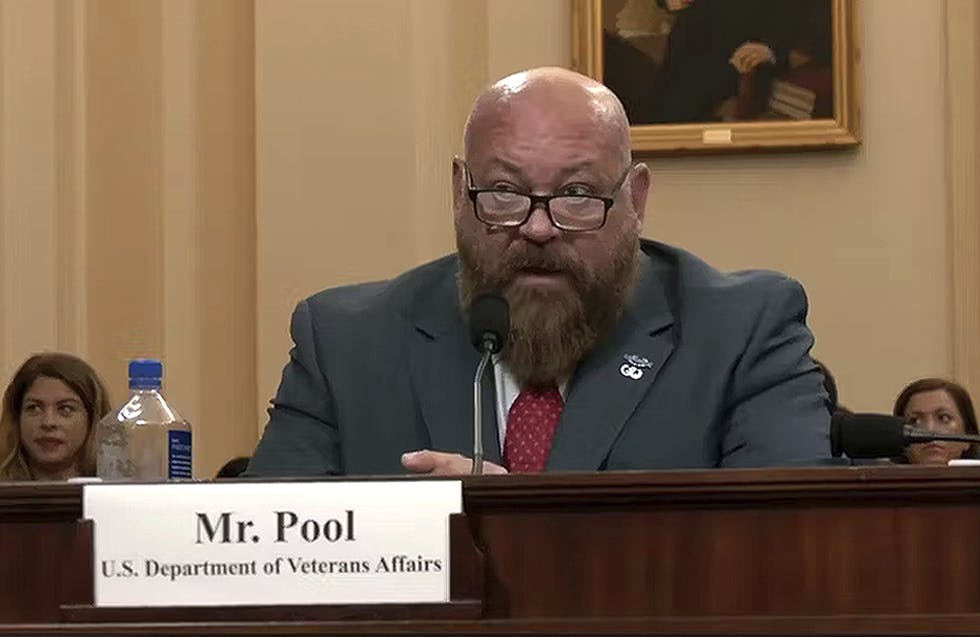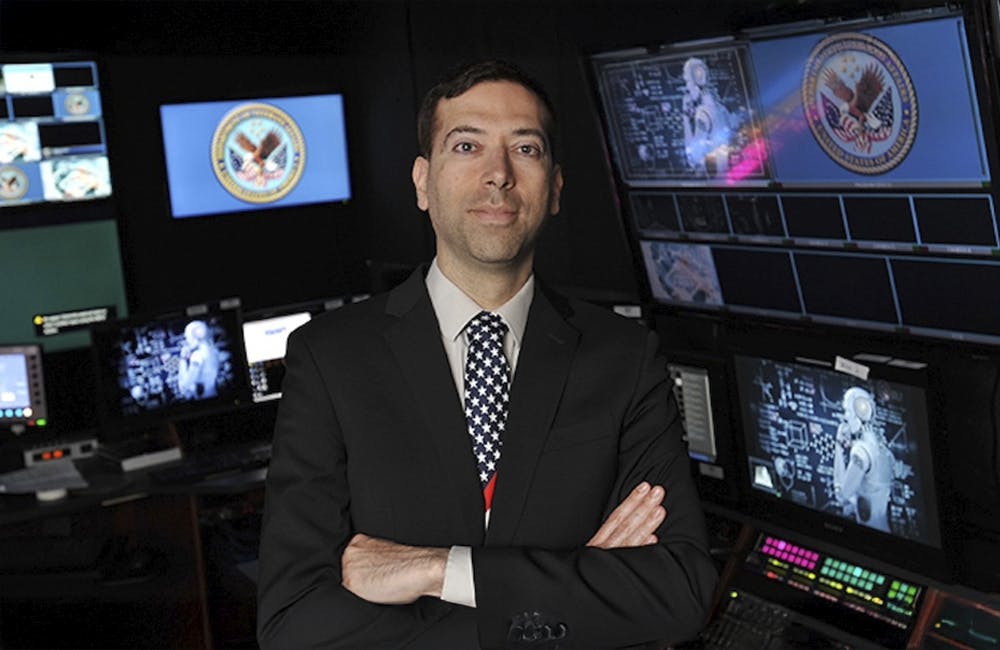National Cancer Plan Eyes Data, Tech in Cancer Moonshot Goals
The National Cancer Institute highlights the collaborative tools and initiatives for improved screening, treatment and outcomes for cancer patients.

A new interagency collaborative plan that tackles cancer prevention and treatment is harnessing the power of cloud, data and other technologies as part of the reignited Cancer Moonshot effort.
The National Cancer Institute released the National Cancer Plan this week with an outline for the long-term plan coordinating a national response to create better outcomes for cancer patients.
“NCI is developing a National Cancer Plan to guide our work across all of cancer research and care. The plan will include a comprehensive set of goals, strategies and actions that align with the Cancer Moonshot,” NCI Director Dr. Monica Bertagnolli said in a press release.
The plan calls attention to the “collaboration” that will be required in fulfilling goals of reducing cancer deaths.
“The National Cancer Plan is not solely focused on research, but is a framework that promotes collaboration among all stakeholders that is required to ensure that every person with cancer lives a full and active life and that most people never have to face the challenge of a cancer diagnosis,” the plan states.
The interagency effort collaborated with the National Cancer Advisory Board, NCI’s Council of Research Advocates, the National Institutes of Health (NIH), the Department of Health and Human Services (HHS), the White House Office of Science and Technology Policy, and the Office of the First Lady.
Inside the plan, a primary focus is maximizing data utility. This includes building and maintaining a secure Cancer Research Data Ecosystem that safeguards patient privacy while collecting and providing access to a broad range of research data.
A recent collaborative effort with NCI aims to improve how childhood cancer data is collected and shared to accelerate research through the Childhood Cancer Data Initiative. According to Bertagnolli, the initiative provides an infrastructure that supports secure, privacy-protected research data collection, sharing and use. It is also developing a nationwide research platform and making new tools available to the research community.
The National Cancer Plan also includes a cloud-based data architecture called the NCI Cancer Research Data Commons that aims to bridge collection of cancer data with tools to help researchers analyze that data.
Multiple projects are underway to develop new technologies that will help promote early cancer detection. These tools will have the ability to detect tumor cells and other substances in blood that identify the presence of many types of cancer before they cause symptoms.
Researchers are looking at a newer technology, called tomosynthesis, to better detect breast cancer. These mammogram images, which are taken from different angles and then built into a 3D-like image, may help detect breast cancer early and avoid death.
NCI is also improving effective cancer treatments by developing capabilities that better predict tumor growth. For example, several Human Tumor Atlas Network (HTAN) centers have used a highly multiplexed immunofluorescence technology to analyze interactions between different cell types, such as between tumor cells and immune cells in the tumor microenvironment.
Optimizing the workforce will also be a priority as NCI plans to engage a diverse pool of trainees and support them in pursuing careers in cancer research. The agency also is planning initiatives that will increase the number of and training for cancer researchers from underrepresented backgrounds.
“We must do everything we can to reach our collective goal to end cancer as we know it so that everyone can live full and active lives, free from cancer’s harmful effects,” Bertagnolli said. “People with cancer are counting on us.”
This is a carousel with manually rotating slides. Use Next and Previous buttons to navigate or jump to a slide with the slide dots
-

HHS Budgets for New Office Amid Big Health Tech Overhaul
The agency is prioritizing private sector innovation in its plans to modernize health care interoperability and the digital market.
5m read -

VBA Uses Automation to Tackle Claims Surge, Augment Workforce
VBA leverages automation and AI to streamline claims processing and reduce backlogs, while keeping humans central to the process.
4m read -

VA CIO Targets Modern IT and Smarter Workforce Alignment
Agency leaders told lawmakers they are focused on trimming legacy systems and restructuring its workforce to streamline operations.
3m read -

VHA’s AI Chief Led NIH’s New AI RFI
The agency's AI chief Gil Alterovitz helped develop a plan that hints at how NIH is charting the future of AI and biomedical research.
5m read








